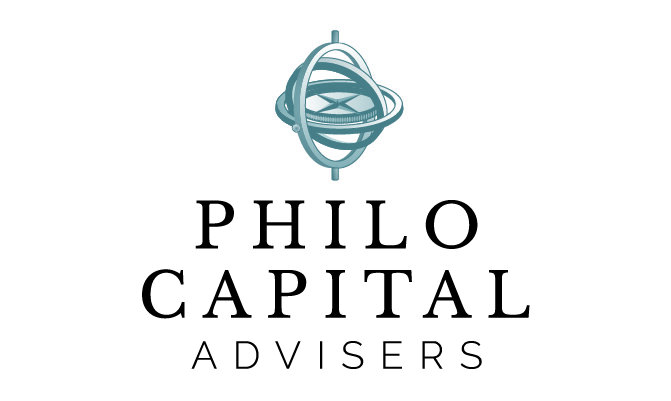Dimensions of uncertainty
The past 6 months have been like a phony war – you know bad things are happening but there is little immediate personal damage for most of us.
Even in the area in which we work – markets – the February, much forecast, crash has already been more or less retraced, and yet many people point to the disconnect between markets and the real economy as a source of uncertainty
It’s the prospect of the disaster around the corner which causes us most concern.
In financial markets, uncertainty assumes quantifiable dimensions – risk, volatility, likelihood of capital loss – there are plenty of metrics but all basically expressed in numerical ways to describe uncertainty. And we are used to dealing with uncertainty in that way. With helping clients to understand the inherent uncertainty in normal portfolios and to gaining clarity on the degree of risk they are willing or able to sustain.
But despite the size of the uncertainty problem about financial markets – enough to warrant a few Nobel Prizes in due course for the academics who figure it out – it’s only one dimension of uncertainty which so many of us face. A “known unknown” I suppose.
Alan Kohler, recently writing in The Australian, pointed out that conservative assumptions about the impact of unemployment on the mortgage market (15% of mortgage holders are now unemployed) could wipe out the capital base of Australian banks. [1] For investment managers, this is an investment issue of knowable dimensions - for families living through this as borrowers, the potential disaster is looming and personal.
If there is one thing that the past few months have taught us, one thing that might affect our, and our children’s, view of the world, it is that uncertainty can manifest in a number of ways, that occur simultaneously and are often interrelated.
The past six months have shown that financial markets, economics, jobs, health, our place in the world, basic political principles - all the fundamental tenets which enable us to say “This is who I am, this is what I do, these are the relationships I and my group will have with others” appear to be simultaneously unmoored.
The pandemic has really made us face the fact that there are fundamental issues facing us that we share with others, not just in our family, or Sydney or NSW but across the world.
The news media, often pilloried, has helped us to realise that the uncertainties about work which we or our family feel, are shared by Mumbai day labourers, migrant Uber drivers in the US, contract operas singers in the UK .
My son is concerned that if any of the other 50 or so people who work in the same restaurant group he does test positive, they could all lose their jobs as the whole group has to close for a period.
This is genuine risk – things that previously seemed stable or controllable no longer are. The source of risk is something outside our control or rational decision making – the financial metrics we can apply in portfolio decisions don’t apply when the likelihood of occurrence is random and severe.
So when we get through this, as I’m sure we will in due course, how will we and our clients view risk and uncertainty?
Will we approach life in a fatalistic way “Bad things happen to good people”
Will we think “Whatever happens, the government will see us through”
Will it make us less willing to take risk “Make sure there’s a gold bar in the bottom of the wardrobe”
I’m not certain.
